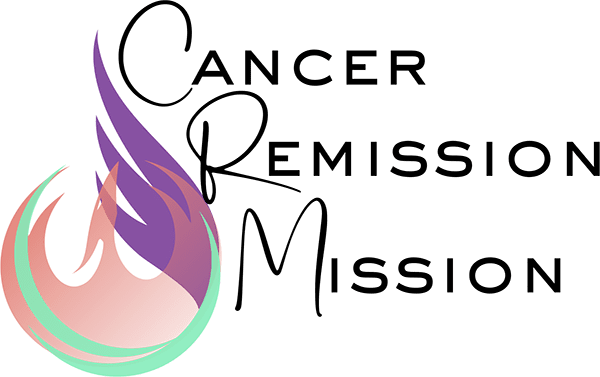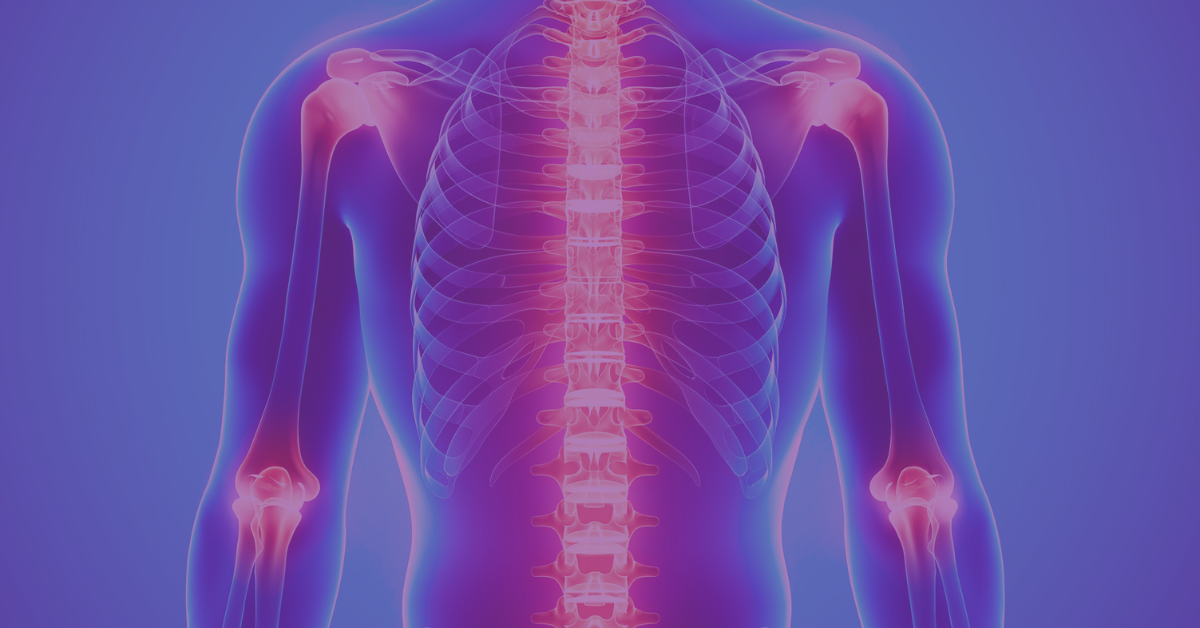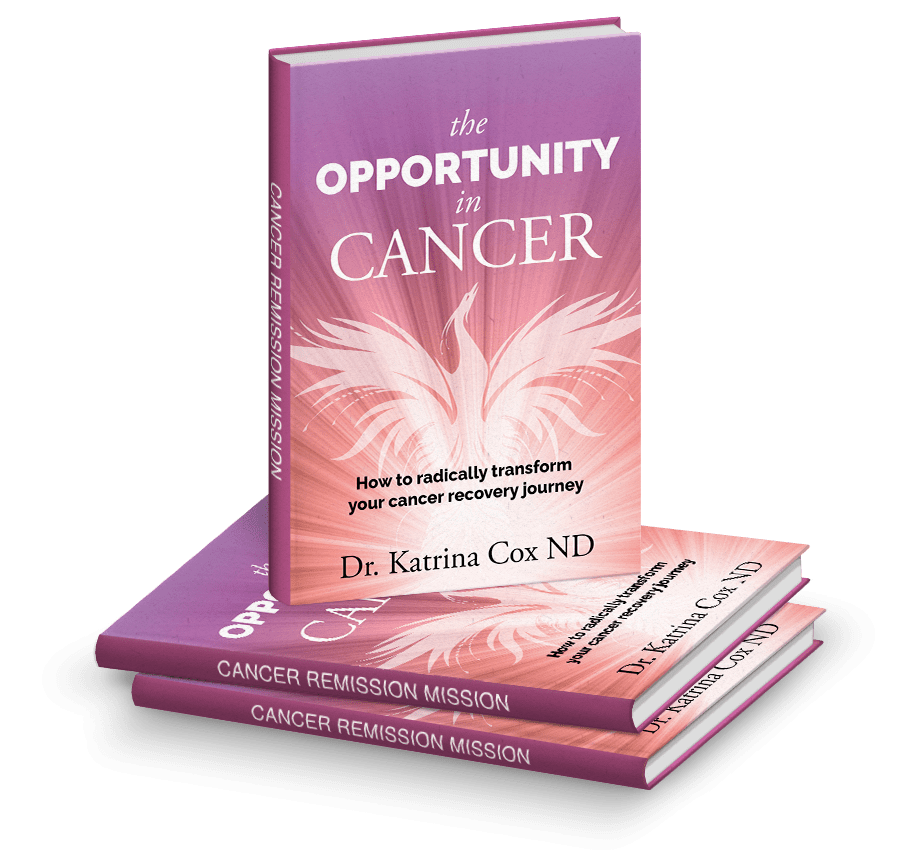Recovering from cancer is a journey that requires physical, emotional, and lifestyle adjustments. One critical aspect that often raises questions is alcohol consumption. How does alcohol impact cancer recovery, and should it be avoided altogether? Let’s explore the facts and considerations surrounding alcohol and its effects on healing after cancer treatment.
Understanding the Risks of Alcohol in Cancer Recovery
Alcohol is a known carcinogen, meaning it has been linked to an increased risk of developing cancer. While the exact mechanisms are not entirely understood, research has shown strong associations between alcohol consumption and at least seven different types of cancer. Importantly, correlation does not imply causation, but alcohol is considered a modifiable risk factor—one we can control to reduce our overall cancer risk.
For cancer survivors, alcohol consumption poses additional risks, such as:
- Increased Risk of Recurrence: Studies suggest that alcohol consumption can raise the likelihood of cancer recurrence, particularly for certain types such as breast, head, and neck cancers.
- Weakened Immune System: Alcohol can suppress immune function, making it harder for the body to fight infections and recover efficiently.
- Negative Interaction with Medications: Many cancer treatments involve medications that do not mix well with alcohol. Drinking can interfere with the effectiveness of treatment and exacerbate side effects.
- Liver Health Concerns: The liver plays a crucial role in detoxification. For individuals who have undergone chemotherapy or radiation, alcohol can put added strain on an already taxed liver.
Psychological and Social Aspects of Drinking
Beyond the physical effects, alcohol consumption can also have psychological and social implications during cancer recovery:
- Coping Mechanism: Some people turn to alcohol as a way to manage stress, anxiety, or depression after cancer treatment. However, alcohol can actually worsen mental health conditions over time.
- Social Pressure: Many social settings involve alcohol, making abstinence challenging. Finding alternative beverages or setting clear boundaries can help navigate these situations.
- Personal Awareness: Understanding the reasons behind alcohol consumption can help individuals make informed decisions. This is one of the biggest discussions I have with patients. Is it a social indulgence? A way to cope with stress? Examining these motivations can empower individuals to make different choices.
The Link Between Alcohol, Insulin, and Cancer
One clinical perspective suggests that alcohol consumption may influence insulin and glucose balance in the body and I think this is a major driver. Alcohol is often high in calories and sugar, leading to increased insulin demand. Since insulin is a growth hormone, elevated levels may promote cell growth, which can be a concern for cancer survivors. Additionally, excess sugar and calories contribute to weight gain, and obesity has been linked to at least 13 different types of cancer. Being mindful of alcohol intake can help manage these risks and support overall health during recovery.
Making Alternative Choices
If you’re recovering from cancer and wondering about alcohol consumption, consider the following alternatives:
- Stay Hydrated: Opt for water, herbal teas, or infused beverages that support hydration and overall well-being.
- Mocktails and Non-Alcoholic Options: Many alcohol-free drinks mimic the taste of traditional cocktails without the risks. Just watch the sugar content!
- Mindful Moderation: If you choose to drink, do so in moderation and consult your doctor about any potential risks related to your specific condition.
- Lifestyle Adjustments: Reducing alcohol intake is a proactive step in minimizing cancer risks. Replacing alcohol with healthier habits such as exercise, meditation, or social activities can be beneficial.
Conclusion
Ultimately, the decision to consume alcohol after cancer treatment is a personal one. However, given the potential risks, many healthcare professionals and organizations advise limiting or avoiding alcohol altogether. Since alcohol is a modifiable risk factor, making informed decisions about consumption can contribute to long-term health. Prioritizing nutrition, hydration, and overall well-being can enhance your recovery journey and reduce the risk of complications. Work with your healthcare provider to personalize your path forward and ensure the best outcomes for your health.




